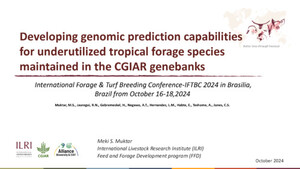
Determinants of farm mechanization in central and southeast Oromia Region, Ethiopia
Abstract
The study has been conducted to assess the farm mechanization level and tried to identify the determinants. The research utilizes primary data, collected through personal interview of 397 farm households located in the four districts of central and southeast Oromia region of Ethiopia. Multi-stage, purposive and random sampling procedures were used to select the respondents using probability proportional to size from each district. Mechanization Index (MI) based on the matrix use of animate and mechanical energy inputs that incorporate cost factors was used to estimate farm mechanization level, while Tobit model was employed to analyze factors that determine the farm mechanization level. Household’s sex, educational background, experience in farming, family labor availability and social capital, location of household, access to all-weather roads and distance to farm mechanization service providers centers, participation in market and off-farm activities, landholding, land fragmentation and size of livestock owned (TLU) are statistically significant in determining level of farm mechanization. Land consolidation, availing infrastructural facilities and facilitating adult education and short-term trainings are important recommendations to enhance farm mechanization level in the study area.
Citation
Gebiso, T., Ketema, M., Shumetie, A. and Leggesse, G. 2023. Determinants of farm mechanization in central and southeast Oromia Region, Ethiopia. Heliyon 9(7):e18390.









